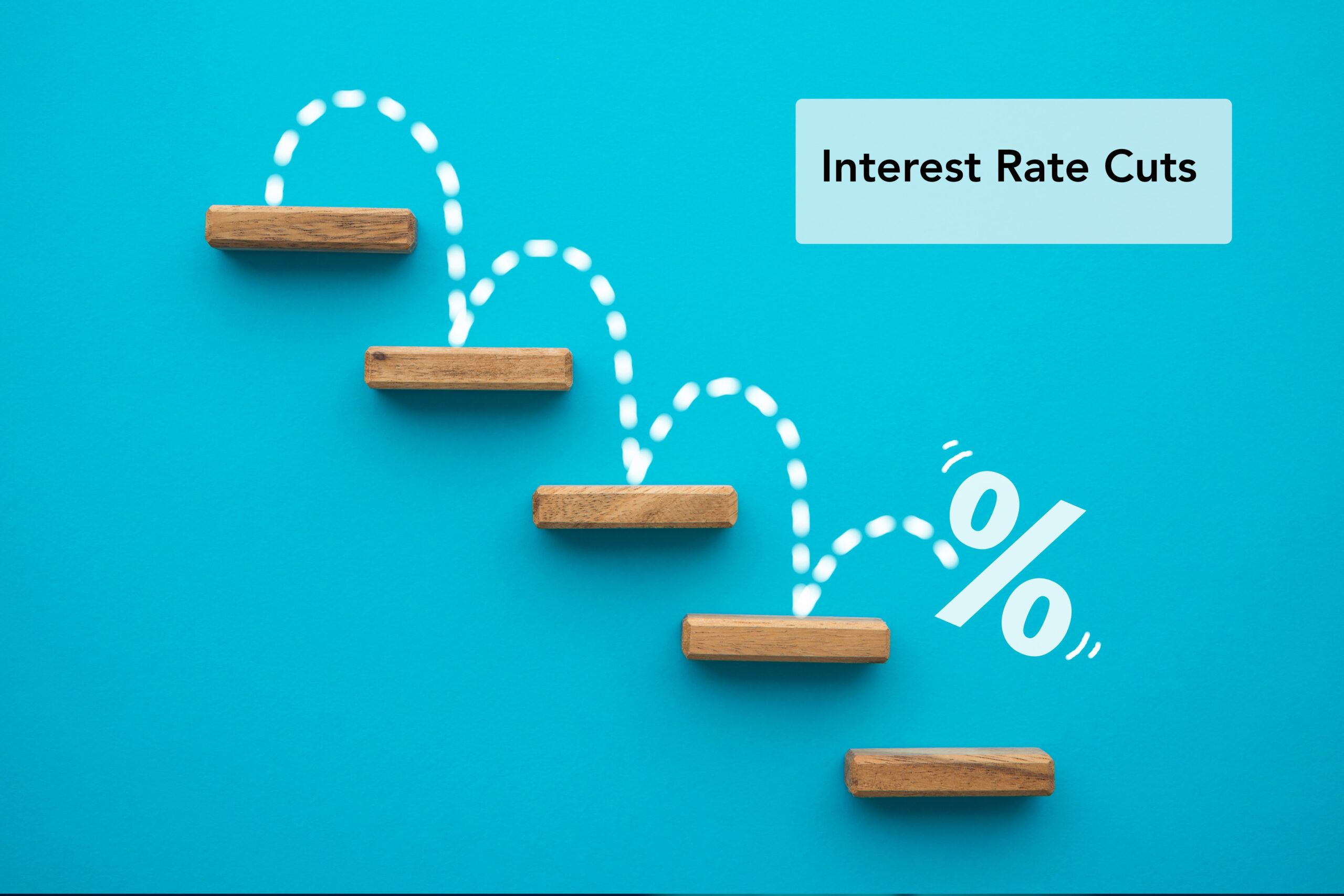In 2019, an estimated 460,000 mortgage applications for single-family homes were denied under the Home Mortgage Disclosure Act—a rate of 8% of all home purchase mortgages submitted.
It’s normal to worry about the approval of your home equity loan. But don’t worry. There are techniques to follow to avoid a home equity loan rejection.
In this blog, we’ll discuss the reasons why you can be denied a home equity loan and cover some potential home equity loan alternative solutions to secure the loan you need.

Can You Be Denied a Home Equity Loan?
The short answer is “yes,” and you might be asking: “Why would I be denied a home equity loan?” It’s a valid question—aren’t we constantly being told that home ownership is essential for building equity? But why would you not be able to borrow against the asset you built?
The economy has started to rebound, and housing prices have regained stability after the Coronavirus, but banks are still lagging in providing home equity loans with pre-pandemic conditions.
If you were turned down for a home equity loan, you might need mortgage brokers to help you negotiate with your banks for better conditions. Check out how to qualify for a home equity loan in Canada and get pre-approved today!
7 Reasons for Home Equity Loan Denial
When determining the success of your home equity loan application, reasons for rejection within your control include:
Poor Credit Score
Regarding your credit score, a few key factors stand out as the most influential. Five of these essential elements include:
- On-time payment history: It is critical to avoid late payments on loans and credit cards to keep a good credit score.
- Amounts owed: Your credit score is also affected by the percentage of credit you owe compared to available credit.
- Credit history: It is much better if your credit history has a long lifespan.
- Credit mix: Your score will be based on the combination of loans and credit accounts you maintain.
- New credit: Adding too many new lines of credit to your portfolios, such as loans or credit cards, can harm your score.
Insufficient Home Equity
Uncover your home’s equity by familiarizing yourself with two essential pieces of information.
Your Current Home Values
Your home’s worth is not associated with your original purchase price – it lies in its present market value. A real estate agent or appraiser will help you assess how much your property holds.
The Balance You Owe
The balance indicated below is the amount you still need to pay on your mortgage loan. In case there are any additional liens, such as a HELOC loan, they will include this in the total amount owed.
Unstable Employment or Income History
Banks are wary of lending money to people they deem unreliable, and if you don’t have a steady job or employment history, that’s precisely how they’ll perceive you. As such, chances for securing any loan diminish with each inconsistent paycheck.
Unverifiable Funds
International Anti-Money Laundering (AML) laws require lenders to validate the source of down payments and all funds deposited into potential client accounts. This is done to protect against illegal activities such as money laundering, fraud or terrorism financing.
If you have received a significant gift from someone close to you or any other form of income without a paper trail outlining its origin, your application for a mortgage will likely be rejected.
Poor Debt-to-Income Ratio
To measure your potential for loan repayment, lenders will use your debt-to-income ratio (DTI). Calculating this is simple—add up all your monthly expenses, such as loans and credit card payments, then divide by the amount of money you make each month.
To increase your chances of getting your loan approved, strive to keep your DTI ratio under 43%. High debt-to-income ratios often result in banks declining new loan applications.
A Foreclosure or Bankruptcy
If you’ve experienced bankruptcy or foreclosure, the effects will remain on your credit score for up to six years from completion. Unfortunately, if it has occurred twice, these marks can linger on your report for a painful 14-year period.
Even after you’ve recovered from bankruptcy and improved your credit rating, conventional lenders might still reject your application for a home equity loan.
Poor Payment History
When evaluating whether to lend you money, lenders consider your credit score and income and analyze your past payments. A pattern of timely payments free from defaults is essential in demonstrating that you will be able to pay them back in the future.

What to Do if Your Home Equity Loan was Denied
Let’s examine some long-term and short-term remedies that can assist you in transforming your denial into an approval.
Short Term Solutions
When you need quick cash, numerous short-term options are available to help you secure a loan. However, you must weigh the risks associated with each option before making any decisions.
Shop Around
Although this may be a low-risk option, the chances of success are slim due to the tendency for banks to have similar requirements. However, since individual banks have been responding differently to economic recovery, there is still potential that it could prove successful.
Put up collateral
The main form of collateral for a home equity loan is the equity in your property. However, providing additional security, such as your car’s title deed, may be possible. Nevertheless, beware that this extra collateral provided will also be repossessed by the bank if payments are not made on time.
Ask For Less
Though it may be different from the amount you wanted, your bank may be willing to give you a home equity loan in an amount lower than you requested.
Long Term Solutions
If you are looking to save up for a major home renovation project, these long-term solutions can ensure that your application for a Home Equity Loan is accepted soon.
Fix Your Credit Score
Navigating the world of credit scores can be overwhelming and it could feel like trying to piece together a jigsaw puzzle. Refrain from getting bogged down in confusion; there are simple steps to better your score and repair your credit report. Sometimes it’s as easy as making payments on time or resolving outstanding balances.
Increase Your Income
If you’re up to it, taking on extra work can go a long way in providing a solution to your financial needs. The increased income could be well worth making that sacrifice.
Get A Home Equity Mortgage Broker
If all else fails, it’s worth consulting a Home Equity Mortgage Broker for professional assistance. They can leverage their expertise and connections to help you find a loan that suits your financial needs.
Regardless of your route, it’s important to remember that options are available to you if your home equity loan application has been rejected.
Denied Home Equity Loan FAQs:
What is an Acceptable Credit Score for Getting a Home Equity Loan?
The credit score criteria for home equity loans differ across lenders and the loan size. Generally, bigger financial institutions and larger amounts call for stricter lending standards – credit scores ranging from 300 to 900 demonstrate your reliability when making timely payments.
The higher your score, the less likely you are to default. To get approved for a loan with the best interest rate possible, specific lenders require a minimum credit score of 680.
Is Being Rejected for a Loan Going to Hurt My Credit?
No. It has no repercussions on your credit score. There are zero traces of whether you got the loan approved or declined in your credit report, and neither can any borrower gain access to this information.
Unlock The Possibility of Homeownership with a Professional Mortgage Broker!
Getting a home equity loan can be difficult, but it is possible with the proper guidance and preparation. Just remember to keep your debt-to-income ratio low, work to repair your credit score, and increase your income before reapplying.
If the banks deny your loan, we are here to help. With a Home Equity Loans mortgage broker, you can finally unlock the possibility of homeownership and make your dream a reality.




